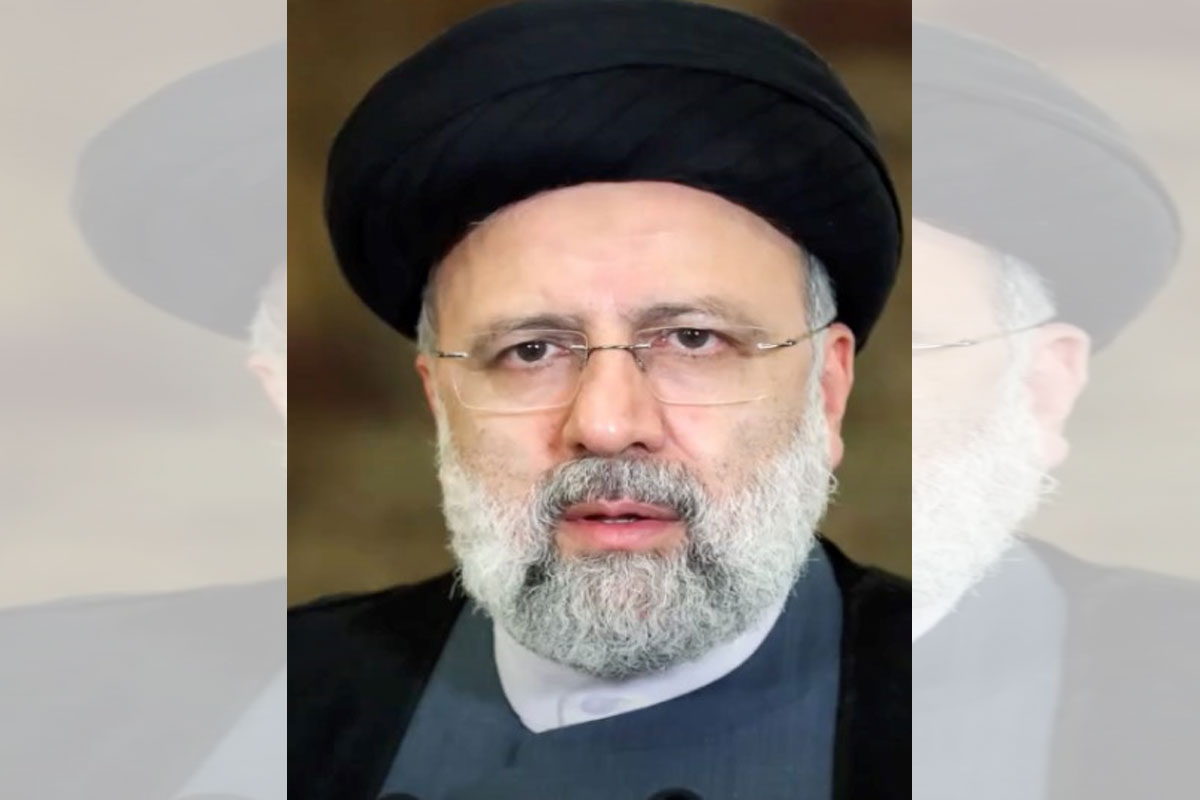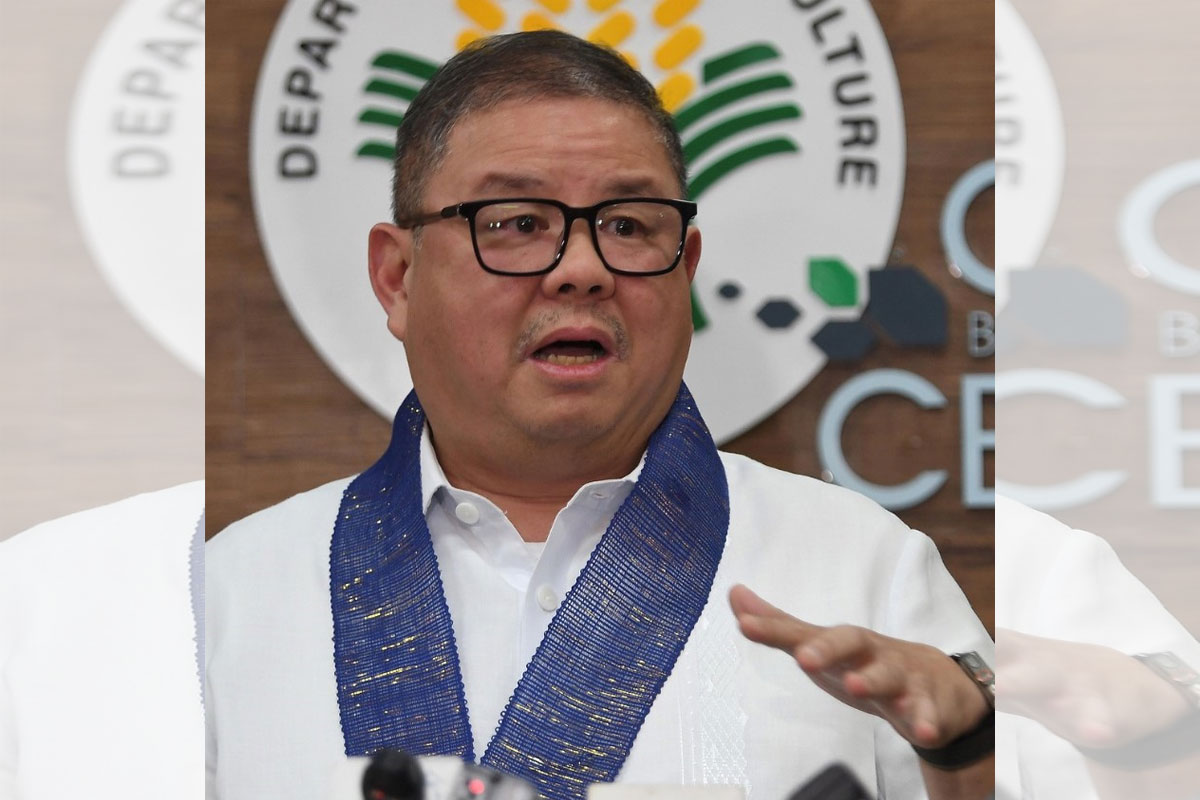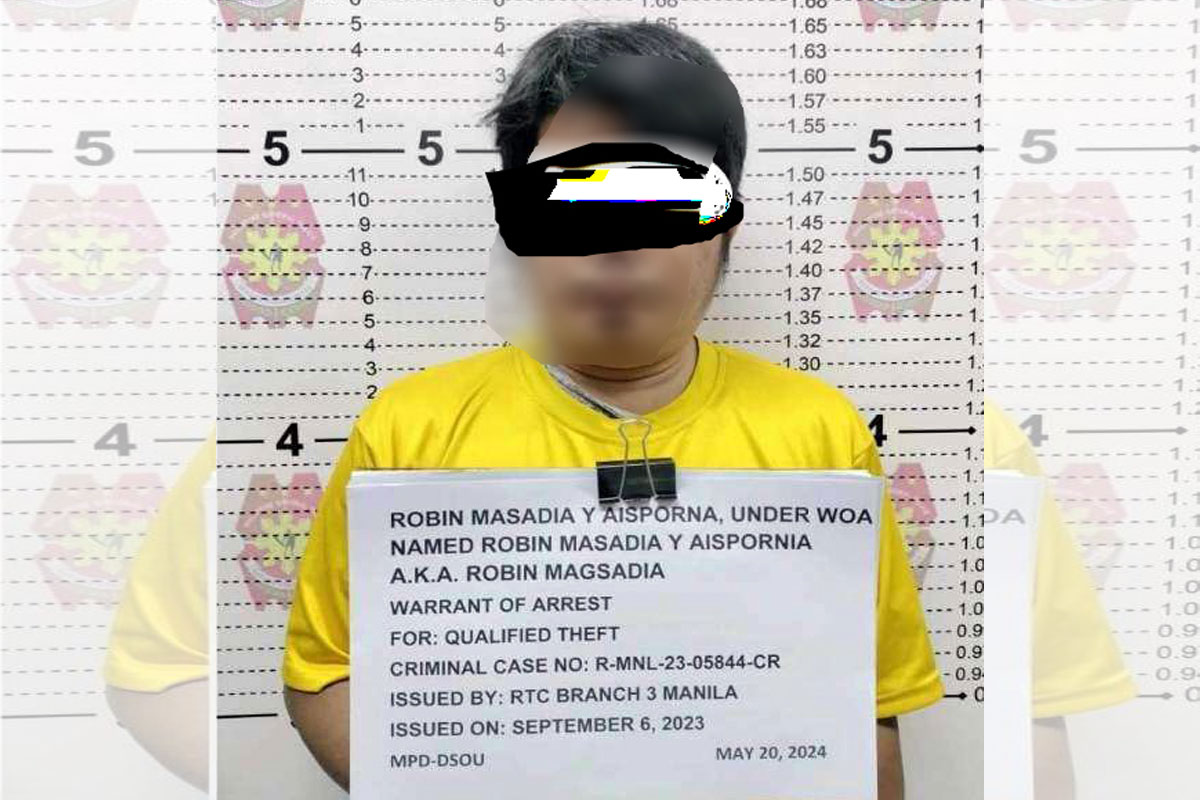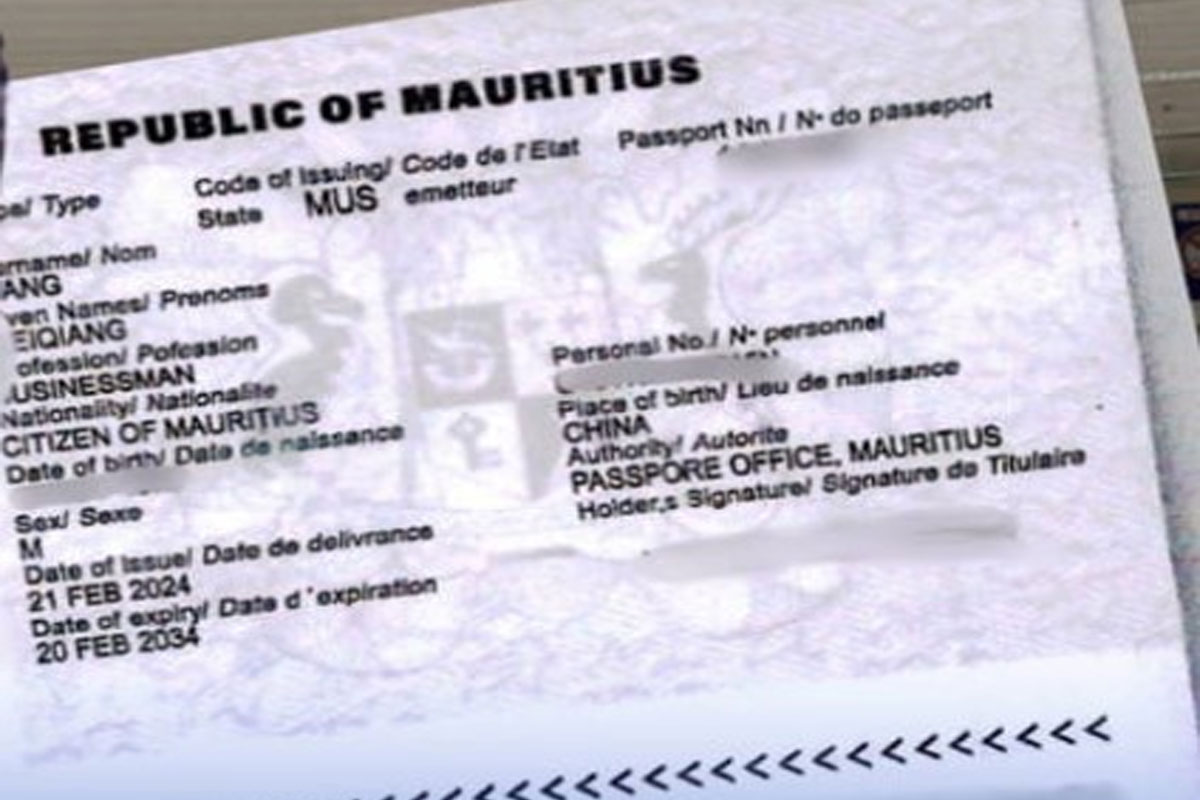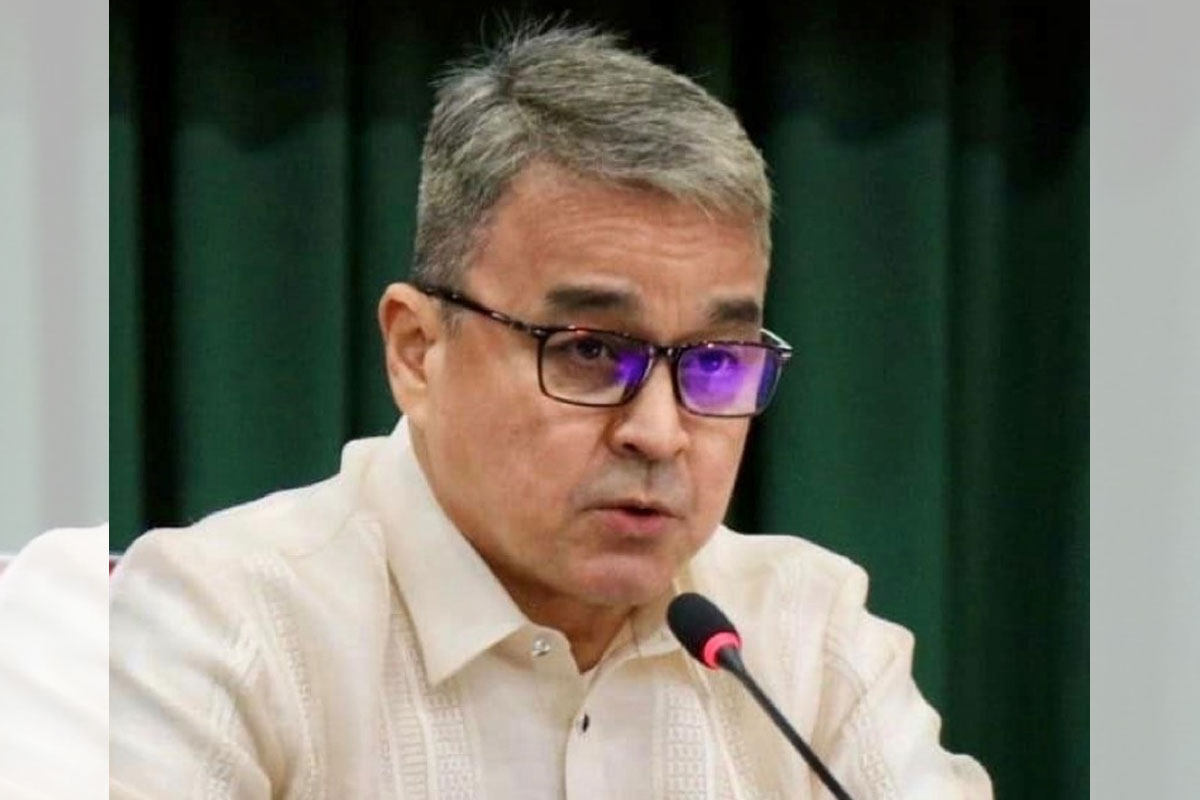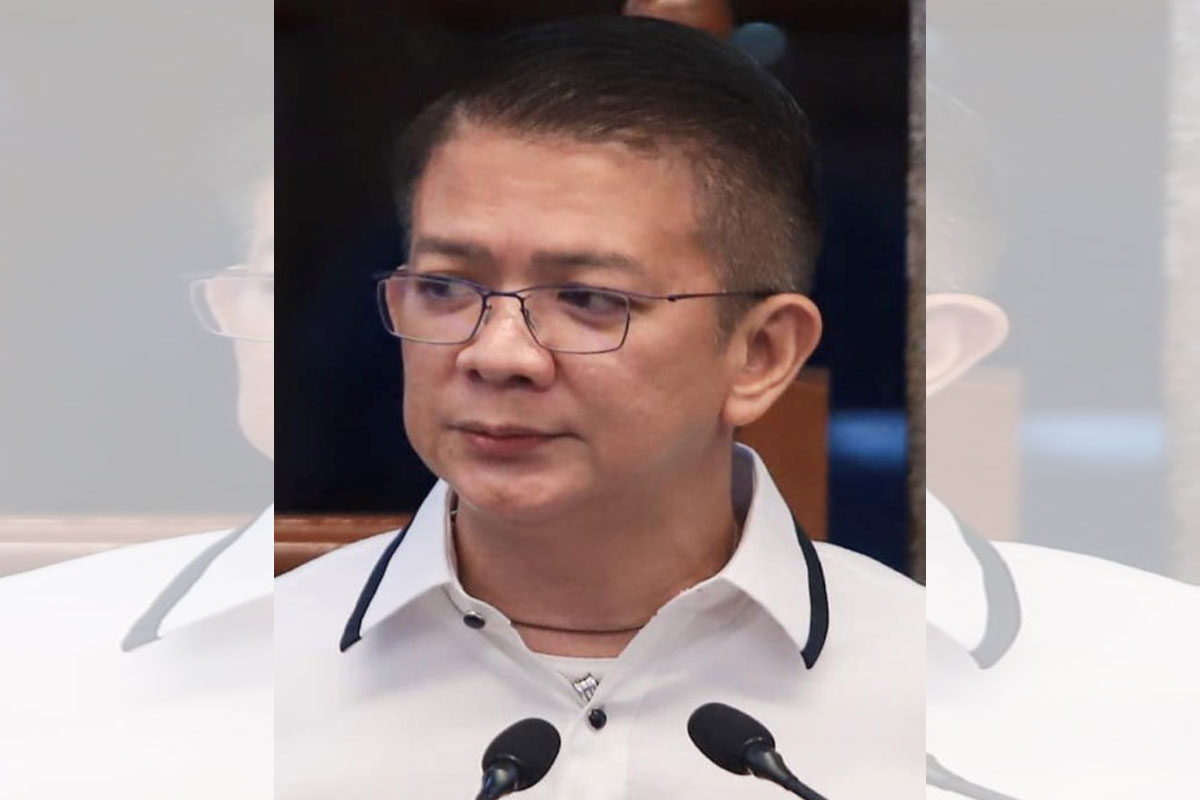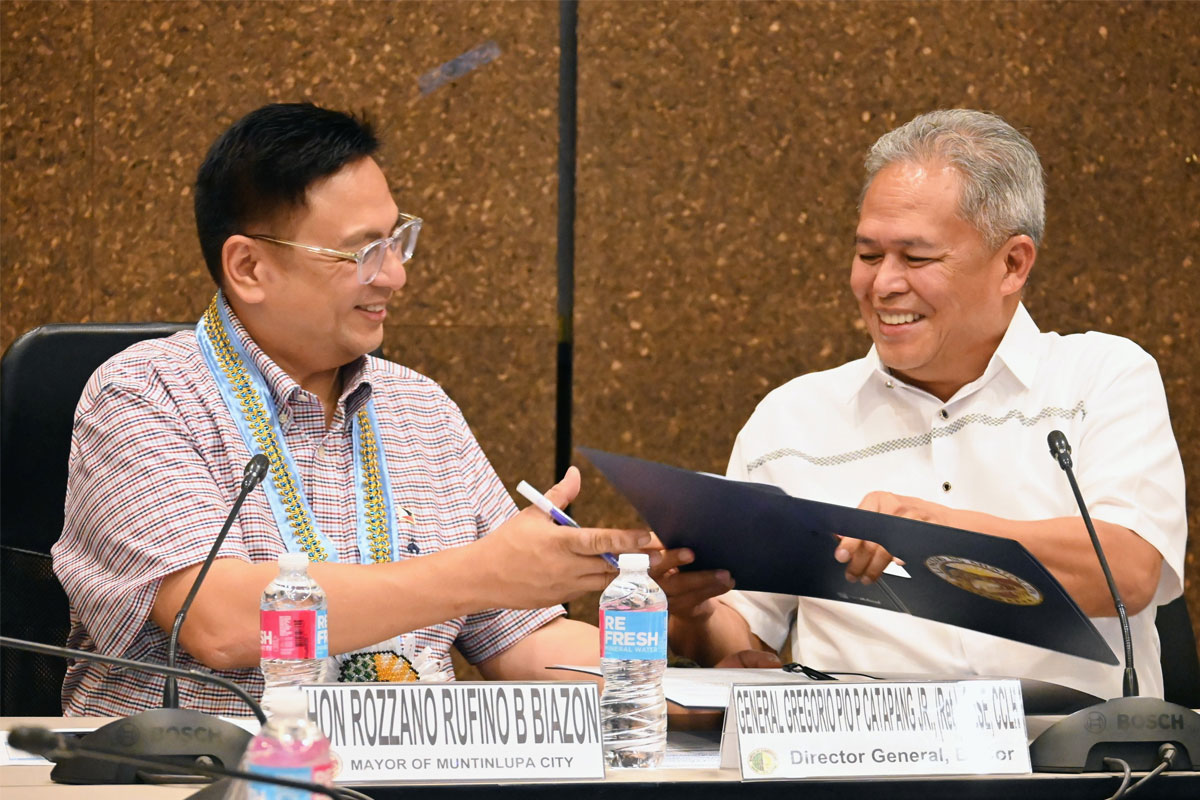
LRay to LGUs: Work ‘double time’ with PTEs to register 10M SIMs
WITH only a month left in the three-month extended period for Subscriber Identity Module (SIM) registration, Camarines Sur Representative LRay Villafuerte has beseeched local government unit (LGU) officials to “go the extra mile” with public telecommunications entities (PTEs) in trying to sign up as many as ten (10) million still-unregistered SIMs, even as the Department of Information and Communications Technology (DICT) has claimed already reaching its “soft target” of 100 million, to avoid disenfranchising any of their legitimate owners from the digital world.
Villafuerte, a former governor and co-author of the 2022 law on the mandatory list of SIMs, appealed to “LGU executives to go the extra mile with PTEs in signing up between now and the July 25 deadline of as many as an estimated ten million still-unregistered SIMs, so as not to disenfranchise their legit owners from cyberspace.”
“The support of LGUs is crucial to helping the government achieve its original target of registering 100 million to 110 million SIMs of legit owners by the end of the extended list-up period, given that the DICT itself has revealed that 65% – or roughly two out of every three Filipinos – are not connected to the Internet,” he said.
DICT officials have described the SIM registration project as a “success,” with its Assistant Secretary for Cybersecurity Jeffrey Ian Dy claiming in a radio interview last weekend that the department has already reached its “soft target” of 100 million registered SIMs with a month to go left before the deadline.
Meanwhile, DICT Secretary Ivan John Uy said the next four weeks will be the “last chance” for those with unlisted SIMs to have these included in the national database, as their SIMs will automatically be deactivated the day after the July 25 deadline. “We gave them all the opportunities to register, and we even extended it to give them more time.”
“We have registered 100 million SIM cards, and our population is more or less 110 million. So, I think we have a very good number and very successful SIM card registration,” he said.
For Villafuerte, the focus this remaining sign-up month should be on registering the still-unlisted SIMs of those with non-data cellular phones (cellphones) along with those of persons with disabilities (PWDs) and elderly Filipinos, most especially those in far-flung or remote places with weak or no Internet connections.
Villafuerte said that as noted by one of these PTEs – Globe Telecoms Inc. –“these telcos (telecommunications companies) need the support of LGUs in increasing the number of registered users, particularly in underserved or faraway places with either weak Internet connectivity or no connection at all.”
“LGU executives, especially those in remote or underserved areas, can best help PTEs do so by persuading their respective constituents to register, putting up or increasing the number of venues where people can sign up their SIMs online, and providing on-site list-up assistance in their respective localities during these four remaining registration weeks,” Villafuerte said.
As stressed by Globe, he said LGUs can also help by expediting the issuance of identification cards (IDs) to their respective constituents who want to register but have no government IDs, which is one requisite for the sign-up, as so required by the Republic Act (RA) 11934.
Signed into law by President Marcos Jr. last Oct. 10, 2022, RA 11934 originally set a three-month mandatory registration of SIMs from Dec. 27, 2022 to April 26, 2023.
However, the low turnout in certain places subsequently prompted the DICT to extend the registration deadline by another three months to July 25, as allowed by this law.
The lowest registration turnouts have been reported by the PTEs in rural communities in the Visayas and Mindanao.
The NUP president had authored with CamSur Reps. Miguel Luis Villafuerte and Tsuyoshi Anthony Horibata and the Bicol Saro Party-list House Bill (HB) 2213, one of the bills that were consolidated into the House-approved version of the final congressional measure that President Marcos eventually signed as RA 11934.
According to the National Telecommunications Commission (NTC), 100.26 million SIM holders combined have registered with the three PTEs as of June 22 – 47.36 million with Smart Communications Inc., another 45.95 million with Globe, and 6.93 million more with DITO Telecommunity Corp.
The DICT and NTC last year estimated the number of SIMs to reach 168 million nationwide, but they are only targeting 100 million to 110 million for the sign up till July 25, as the rest of the SIMs are considered disposable ones whose holders have no intention of registering them as these are believed to have been used in online scams or telemarketing.
“This means that the government’s original target was to register as many as about 10 million by July 25, based on the week-ago figure of 100.26 million registered SIMs,” Villafuerte said.
Villafuerte said that for the government to hit this additional 10-million target, it needs to work with the PTEs and LGUs in encouraging more SIM holders to sign up in light of the recent decline in the number of daily registrants nationwide.
That the owners of 100.26 million SIMs already listed up at this time means, he said, that an additional 7.70 million had been registered since the end of the original deadline on April 26, when the registration figure was at 92.56 million.
He said this reflects a drop in the daily registration average to about 135,000, which is already lower than the rate of 150,000 per day last month.
NTC Deputy Commissioner Jon Paulo Salvahan told the media sometime in May about the “sharp decline” in daily registration to 150,000 SIMs after the April 26 deadline was extended.
Although there are about 168 million SIMs in the country, Salvahan said, “We don’t see that we will reach the 100-percent (registration) mark. We’re looking at around 100 to 110 (million) SIMs to be registered.”
For Villafuerte, “We have to avoid shutting out legit holders of still-unregistered SIMs from digital and financial inclusion as their SIMs will have been automatically deactivated by July 25,” Villafuerte said.
He explained that the owners of unregistered SIMs that are to be automatically deactivated by the PTEs would immediately be disenfranchised, as they would no longer be able to receive one-time passwords (OTPs) that are needed for them to continue accessing their mobile wallets or banking apps.
Moreover, he said, owners of unregistered SIMs would be locked out of essential online services previously linked to their mobile numbers, including their social media (socmed) apps like Facebook or TikTok, messaging apps like Viber or Messenger, delivery apps like GrabFood or Foodpanda, and shopping apps like Shopee or Lazada.
Once their SIMs are deactivated after the registration deadline, they would no longer have access, too, to critical government information like emergency announcements about incoming typhoons or storm surges, he added.
“It’s good that the DICT exercised prudence in deciding to extend the registration deadline by three more months to give still-unregistered SIM holders more time to sign up, as a bigger registry turnout would better provide our law enforcers with the necessary tools to crack down hard on nefarious groups that have used SIMs in their cybercrimes,” Villafuerte said.
“The failure of a big number of legit SIM holders to sign up by July 25 will deal a big blow to the Marcos administration’s commitment to accelerate our country’s digital switch and fight cybercrimes,” he said.
He said a highly successful registration drive would give a tremendous boost to the government’s drive to crack down hard on cyber criminals, notably those committing cellphone-based fraud like text scams and identity theft leading to unauthorized online payments and bank withdrawals.
“A highly successful registration of SIMs by July 25 is much desired, as such will make it easier for our authorities and/or PTEs to trace persons behind text scams – and hold them accountable for (a) breach of privacy along with cellphone-based fraud and other punishable offenses they have been able to perpetrate by using unknown or unregistered cellphone numbers,” he said.
He said there is a need to step up the registration drive in the last sign-up month as PTEs have reported a rise in the number of scam and spam messages with the use of over-the-top (OTT) media services or platforms like chat apps that are outside the scope of these telcos.
Citing a Globe report, Villafuerte said there have been new ways of targeting phishing victims by using either overseas or local numbers for what appear to be business accounts with attractive profile photos.
Fraudsters are allegedly using their target victims’ full names and pretending to be messaging them with missed connections or making offers to create a sense of familiarity with and win the trust of their intended marks.
As per Globe, its number of blocked scams and spam messages had risen five times in the first quarter to 1.1 billion text messages from 217.31 million in the previous quarter.
The number of SIMs that Globe had blocked via its Stop Spam portal rose to 22,455 in the first quarter, from only 1,812 in the same period last year.
Villafuerte said the results of the Social Weather Stations (SWS) first-quarter survey released last May showed that a majority of Filipinos who had registered their SIMs claimed they had an easy time doing so.
According to the SWS survey, 56% of the respondents had registered their SIMs, of whom 72% considered the registration process “very easy” and 28% found it “somewhat easy.”
RA 11934 is one among the expanded list of 42 priority measures that the President had identified with the Legislative and Executive Development Advisory Council (LEDAC) for urgent action.
Including RA 11934, 33 of these priority measures had been passed by the House in the First Regular Session of the 19th Congress, of which 14 had been co-authored by Villafuerte.
Villafuerte had backed the extension of the list-up deadline, as RA 11934 allowed the government to stretch the registration for as long as 120 days or four months.


